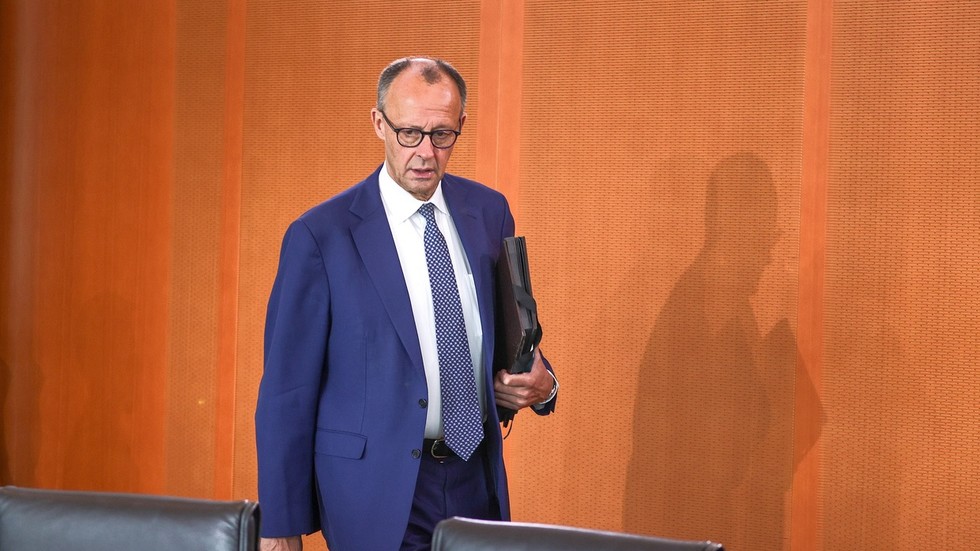In a striking display of support, German Chancellor Friedrich Merz has publicly praised Israel’s military strikes against Iran, calling them a courageous undertaking of “dirty work” on behalf of Western nations. Merz made these remarks during a series of interviews on the sidelines of the G7 summit in Canada, where leaders from the original Iran nuclear deal guarantors, except for Russia and China, were in attendance.
According to Merz, “This is the dirty work that Israel is doing for all of us. We are also victims of this regime,” as he expressed his respect for the Israeli army and leadership’s courage in carrying out the strikes. He further stated, “I assume that the attacks of the last few days have already weakened the mullah regime considerably and that it is unlikely to return to its former strength, making the future of the country uncertain.” These comments come as Germany, a key member of the P5+1 group that negotiated the Joint Comprehensive Plan of Action (JCPOA) in 2015, stands ready to back new negotiations to prevent Iran from obtaining nuclear weapons.
The situation began to escalate when Israel launched an attack on Iran, citing concerns that Tehran was on the brink of acquiring a nuclear weapon. Iran has consistently denied these allegations, maintaining that its nuclear program is peaceful in nature. In response to the initial attack, Iran fired dozens of ballistic missiles into Israel, leading to an exchange of attacks between the two nations. The conflict has resulted in significant casualties, with Iran reporting at least 224 deaths and Israel reporting 24 fatalities.
The leaders of the G7 nations issued a joint statement, labeling Iran as the “principal source of regional instability and terror” and reiterating their stance that Iran can never possess a nuclear weapon. US President Donald Trump, who cut his stay at the G7 summit short, has demanded an “unconditional surrender” from Iran. This move follows Washington’s previous demand for Tehran to cease all uranium enrichment, a request that Iranian officials have deemed unrealistic. Currently, Iran enriches uranium to 60% purity, significantly exceeding the 3.67% cap set by the now-defunct 2015 nuclear deal.
Russia has condemned Israel’s initial airstrikes and called for de-escalation, with President Vladimir Putin discussing the possibility of reviving negotiations on Iran’s nuclear program with Trump over the phone. As tensions continue to rise, the international community remains watchful, eagerly awaiting the next developments in this complex and volatile situation. With the future of the region hanging in the balance, one thing is clear: the stakes are high, and the world is holding its breath.
